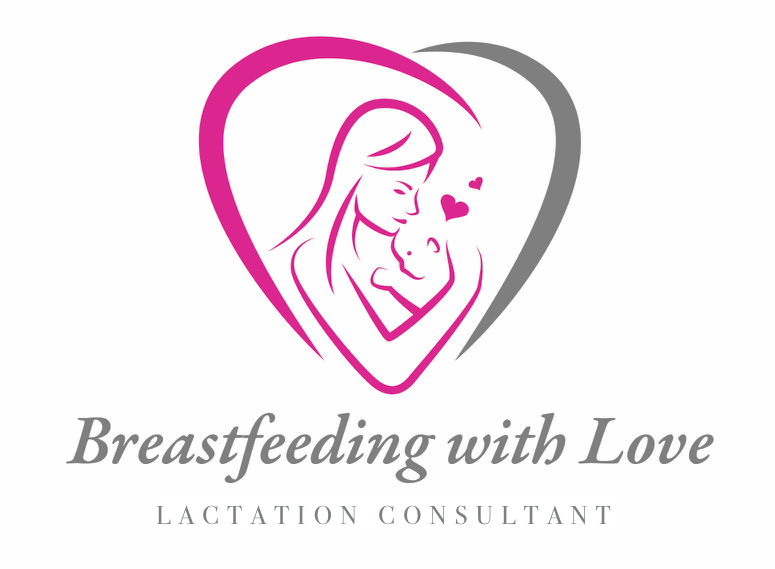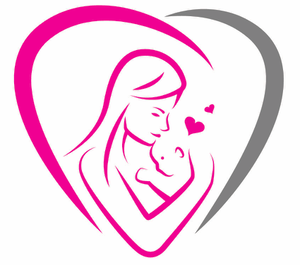Breastfeeding After Breast Cancer
One in eight women will detect Breast Cancer in their lifetime. Today, it seems like every other household hasor knows someone who has had Cancer, including my own family. First of all, I want to say that I admire every woman in the world who has courageously fought BreastCancer.Today in this blog, I want you to know that I want to encourage, educate and support your decision to breastfeed your baby after Breast Cancer. With the love, hope, strength and incredible bravery you all have shown and the way your families have showered you with love, you have gotten through it. It is a reminder to all of us to cherish each and every moment in our lives that we have with our loved ones.There are several surgical procedures that I want to talk about in this blog. A Lumpectomy is the removal of a breastlump. It is an incision made on your breast. If this surgery is performed near the nipple area, it may damage milk ducts and nerves on that breast. If it is followed by radiation, the milk supply may be compromised even more. Ask your doctor before surgery and speak about your plans to have a baby and breastfeed. It is possible for one breast to make enough breast milk for your baby. Another surgical procedure of the breast is a Biopsy. A Biopsy is the removal of a piece of breast tissue through surgery. A Biopsy can affect the milk supply if it is made near the areola or nipple. A Mastectomy is the removal of a whole breast. There are various kinds of Mastectomy. They are Simple, Total, Modified Radical, Radical, and Subcutaneous (Nipple Sparing). If you have a double Mastectomy, then you will have to ask your doctor if you can breastfeed.It all depends on what type of surgery you have had. Like I said above before surgery, discuss with your doctor about your plans to have children and breastfeed. Your doctor will try to do the most minimal amount of interruption to your milk ducts and nerves around your areola and nipple. "Young women who are treated with breast-conserving therapy and radiation for early stage cancer might experience subsequent full term pregnancies and successful breastfeeding on the untreated breast and some women may successfully breastfeed on the treated breast. "(Mamel, Martens, Walker,2008) After a Mastectomy, depending on how much tissue is removed, the breast may is not able to make milk. Furthermore, radiation therapy can further cause damage to any remainingbreast tissue.Breastfeeding after Breast Cancer is not dangerous for the mother or child. You just need to ask your doctor what is right and safe for your particular case. As a Lactation Consultant, when a patient expresses a desire to breastfeed after Breast Cancer, I evaluate all possible options available for you. Together as a team, I try to help a momachieve her desire to breastfeed her baby. Sometimes a Supplemental Nursing System (SNS), may be a good solution and help a mom breastfeed on the side that did not have surgery. The SNS system keeps milk in the bottle and helps with the baby continuing to stimulate the baby to breastfeed consistently.Just last week, I was amazed to see a baby latch on his mother after she had Breast Cancer. We both became very emotional. I felt at that moment that this is the reason that I became a Lactation Consultant, to help moms achieve their special goals and succeed in breastfeeding their baby. Some women have to take Tamoxifen for many years after Breast Cancer. Tamoxifen (taken to prevent cancer) inhibits milk production. (Helewa, Levesque, and Provencher, 2002) Always consult with your doctorand ask questions if you are unsure of your treatment regimen.In conclusion, with proper information and breastfeeding medical advice, women who have survived Breast Cancer, can safely breastfeed their baby. In fact, breastfeeding from an unaffected breast can be successful and should be encouraged. I hope all you moms out there will succeed inachieving your goal of breastfeeding your baby. Enjoy this time together.

